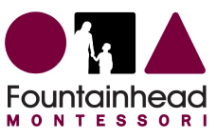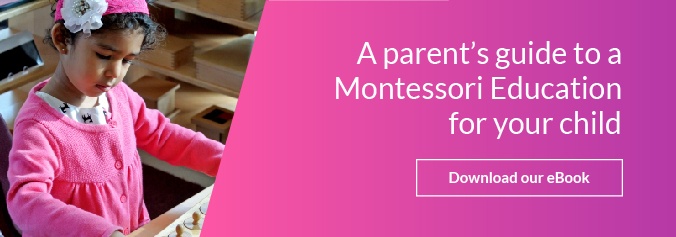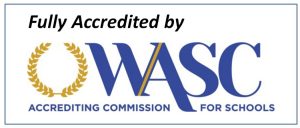When considering the educational path for your child, Montessori education stands out as a unique choice. In a Montessori education, independence, respect for a child's natural psychological, physical, and social development are all emphasized as core values. Montessori programs all children to develop a deep engagement with the materials and environment that is designed to cultivate learning. As with anything, there are pros and cons to consider as you look into educational options for your child. Keep reading for an examination of the pros and cons of a Montessori education for your child.
Pros of Montessori Education
- Fosters Independence:
Montessori education is renowned for encouraging children to act independently, make choices, and manage their time effectively, skills that are invaluable throughout life.
- Tailored Learning Experiences:
Each child is viewed as an individual, with educators providing personalized learning experiences based on the child's interests and developmental pace.
- Hands-On Learning:
Montessori classrooms are equipped with specific learning materials that stimulate learning through all five senses, not just through listening, watching, or reading.
- Prepares for Real-Life Skills:
The curriculum includes practical life skills, helping children learn how to take care of themselves and their environment, and promoting responsibility and self-discipline.
- Inclusive Environment:
Montessori schools often include mixed-age classrooms, which mirror the real world and encourage children to learn from and help each other.
The pros of a Montessori education for your child can give you insight into the design of a high-quality Montessori program. The differences provided by a Montessori program all point to the foundational differences in the educational philosophy of this type of program. If the pros listed above resonate with your own beliefs about learning and education, a Montessori education may be a good fit for your child and your family.
Cons of Montessori Education
- Cost:
Montessori schools, such as Fountainhead Montessori School, can be more expensive than traditional public schools due to the specialized materials, trained staff, and often lower student-to-teacher ratios.
- Variability in Quality:
Since "Montessori" is not trademarked, schools can vary widely in their adherence to Montessori principles. Parents should research and visit potential schools to ensure they meet their expectations.
The cons of a Montessori education are all related to outside factors. There is a cost to sending your child to any type of private program. You have to decide if the additional value of a Montessori education is worth the financial cost of a private program. And, it is important to do your research before deciding on a particular program. Take the time to visit the campuses you are considering. Ask any questions that come up so you can make a decision with confidence.
A Montessori education offers a unique and enriching path for child development, emphasizing independence, respect, and practical life skills. However, it's important to consider factors such as cost and the variability in quality when deciding if it's the right choice for your child. Visiting schools like Fountainhead Montessori School can provide insights into how Montessori education is implemented and help make an informed decision.












Let us know what you think about this post
Put your Comment Below: